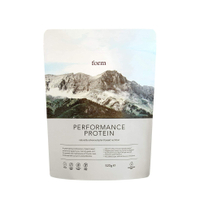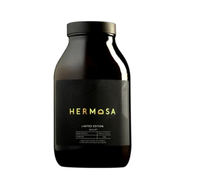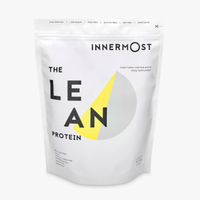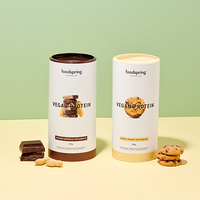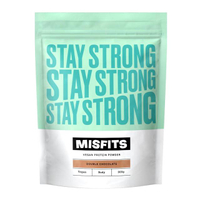Googling, "what is protein"? Your expert guide to what it is (plus how much you actually need to be eating)
Learn whether the much-lauded macronutrient deserves all the hype.
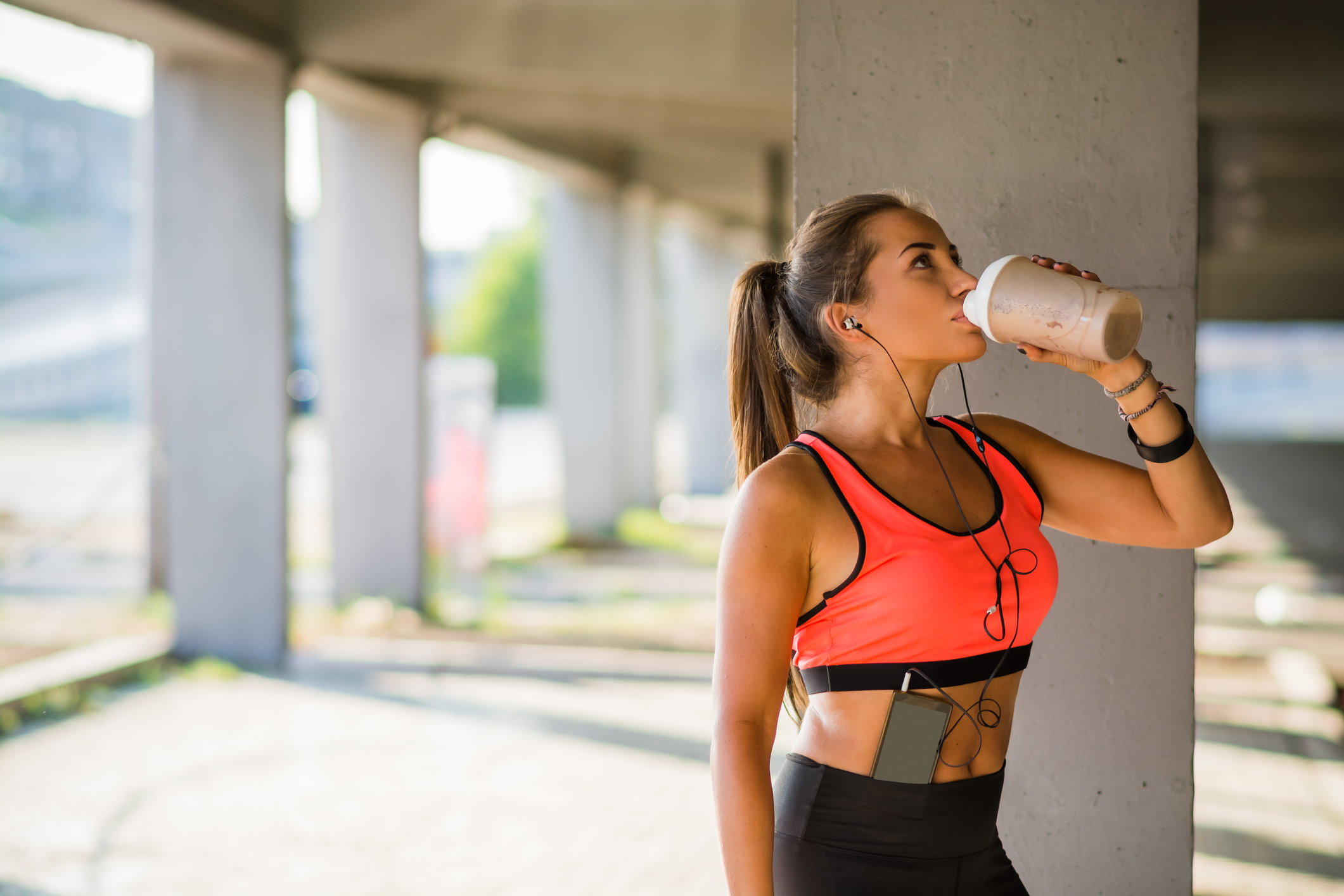

Learn whether the much-lauded macronutrient deserves all the hype.
You must have been living under a rock if you've missed the rising interest in high-protein foods over the past few years. Search around the macronutrient is up as much as 5000% on Google, and protein-rich meals form a key way to refuel for many athletes and celebrities post-workout (apparently the likes of Kate Middleton, Jennifer Aniston, and the Kardashians are fans — read our guide to what to eat after a workout, here).
"We are living in an age of protein obsession where it seems some people are ‘protein-aholics’," says doctor Steven Gundry, founder of Gundry MD and author of Unlocking the Keto Code. But while it is heavily marketed, it's also one of the three key macronutrients you need to maintain a healthy diet (that's carbs, fat and protein, FYI).
So, what is protein and why is it so important for satiety, muscle growth, and more? We've asked a handful of experts to answer your most Googled questions about the macro. How much can your body absorb? And how much do you need to build muscle? Keep scrolling to read all of this and more.
What is protein?
As above, protein is one of three macronutrients required by your body to function fully, alongside fat and carbohydrates.
It’s made up of essential and non-essential amino acids, which are the building blocks of your muscles - hence why it can be a key macro if you're highly active and using your muscles regularly.
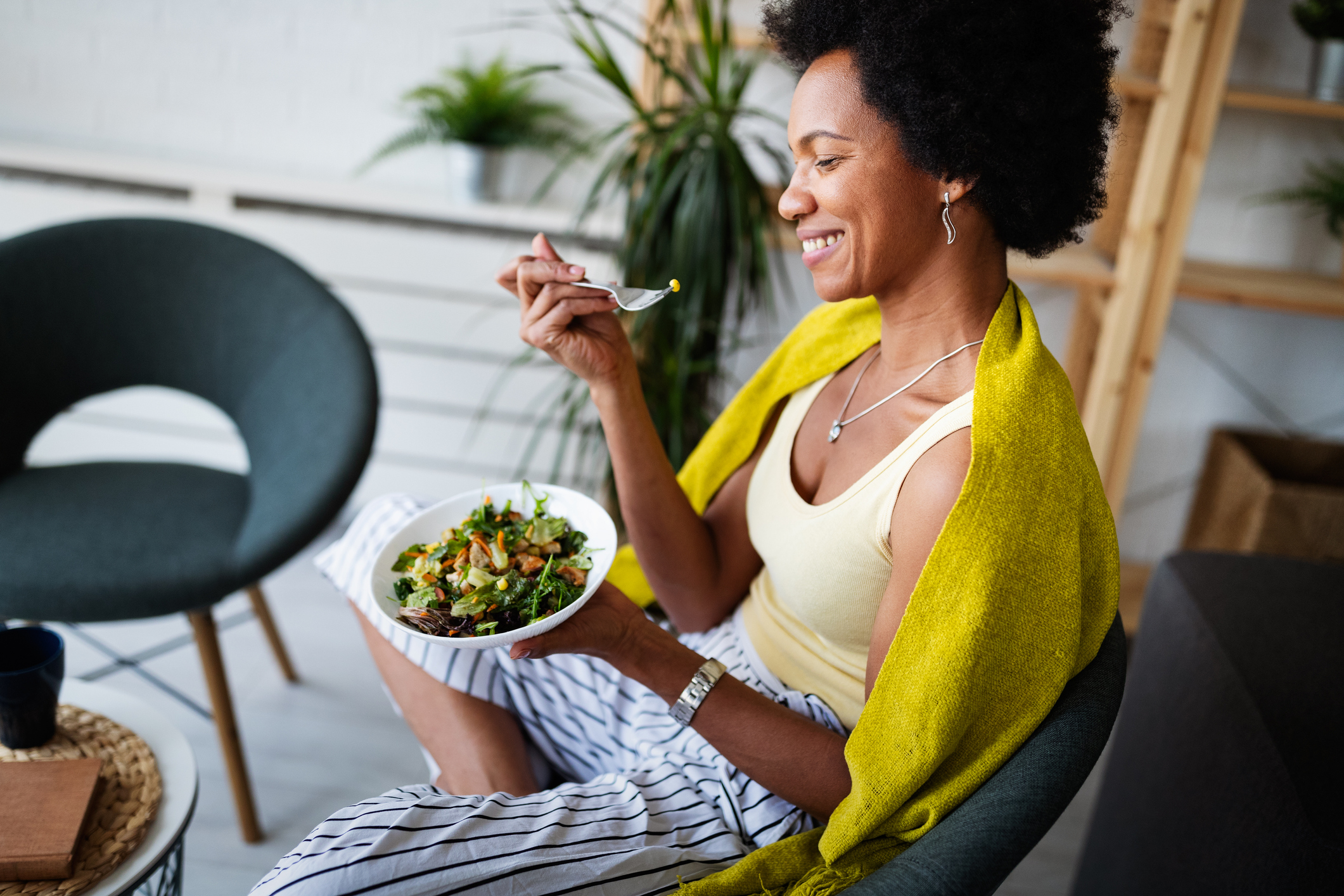
What does protein do to your body?
It plays a vital role in building and repairing tissue - again, hence why it's a good macro to load up on post-workout.
Marie Claire Newsletter
Celebrity news, beauty, fashion advice, and fascinating features, delivered straight to your inbox!
Similarly, it’s also important for hormone and enzyme production, plus skin, hair, and bone health.
One thing protein is great for? Satiety and keeping your blood sugar levels regular. For example, if you eat a regular bowl of porridge in the morning sans a protein source, you'll likely see your big blood sugar levels jump and subsequently crash (cue feelings of hunger) around 11am.
Try this: Add a little protein - in the form of Greek yoghurt, nuts, seeds, or even a supplement like collagen or powder (read our round ups of our go-to protein powder for women and the best vegan protein sources, here) and your blood sugar levels will not only stay more even, but you'll likely skip the 11am munchies, too.
How many grams of protein per day do you need?
According to the NHS website, the recommended dietary allowance (RDA) is 0.8g of protein a day per kg of body weight. So, a 60kg individual would require 48g of protein daily, which roughly equates to:
- A bowl of yoghurt for breakfast (15g)
- A chickpea and tofu stew for lunch (21g)
- A chicken breast with lentils and broccoli for dinner (24g).
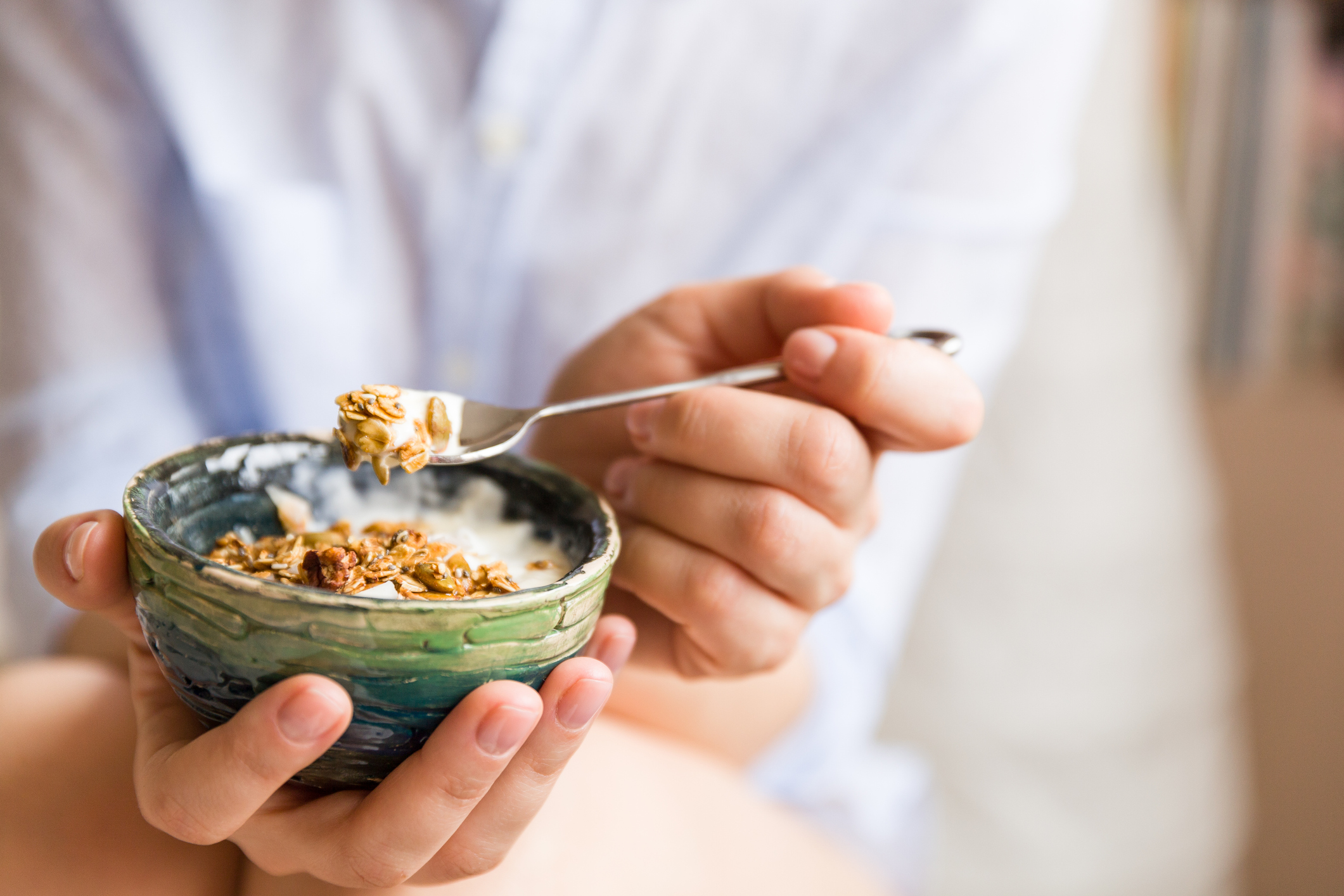
For more active people, it's 1.2g to 2g per kg of bodyweight, which roughly equates to:
- A three-egg cheese omelette for breakfast (25g)
- A tuna Nicoise salad for lunch (30g)
- A turkey chilli for dinner (20g)
- A shake post-workout (30g).
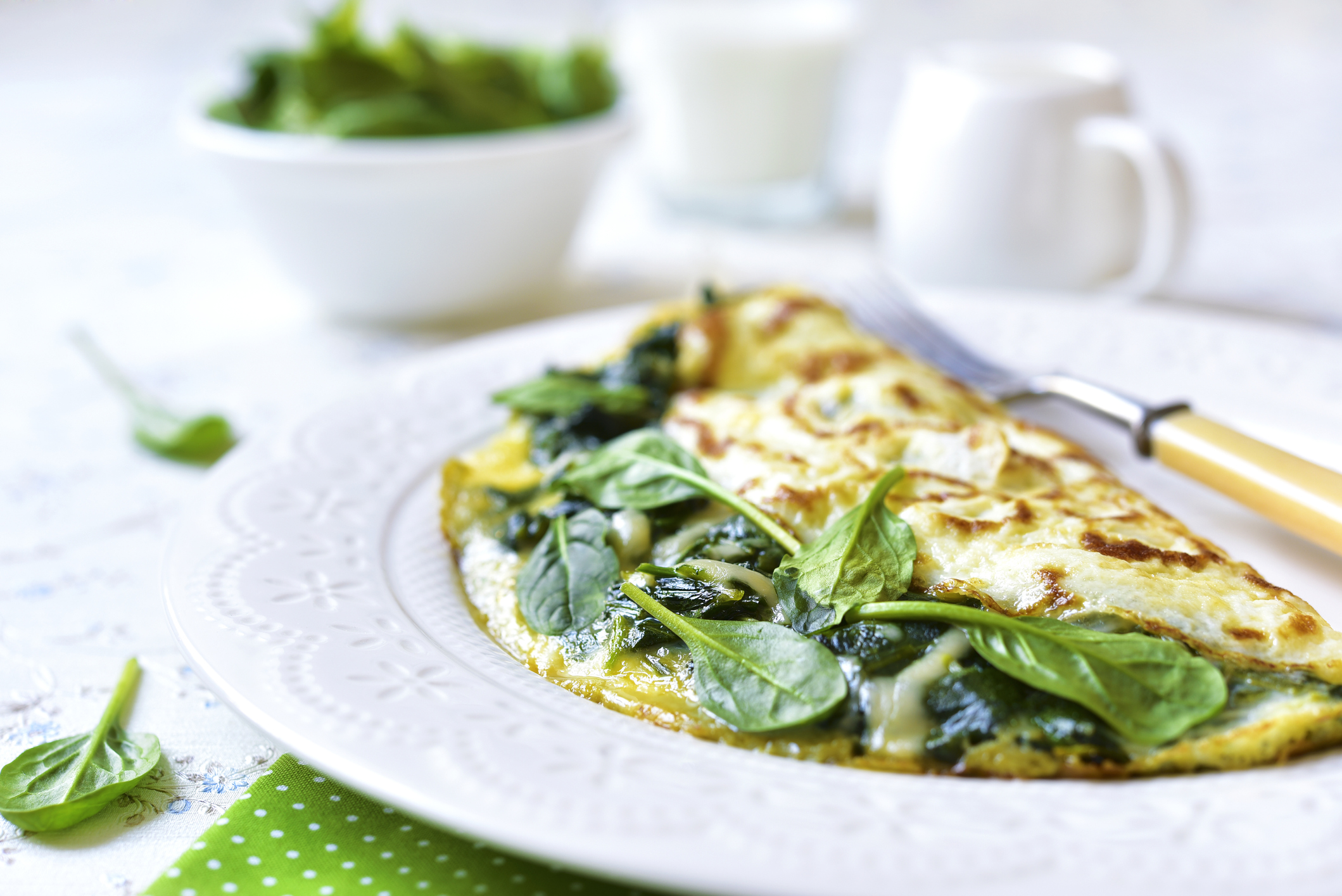
Do note, highly active people and athletes can need even more than that.
“It is vital to note there is a large body of research into protein requirements, much of it providing conflicting results,” says Dillon. “Guidelines should be used as guidelines and not strict rules. Bottom line: requirements are highly individual, as what works for one person may not for another in similar circumstances.”
How much protein can your body absorb?
Again, there's been lots of research on this subject but studies do indicate that the most your body can absorb in one sitting is around 20 to 25 grams.
Fun fact: fast-digesting proteins like whey are thought to be broken down and digested at around 10g per hour.
Wondering if it's best to eat protein in the AM or PM? Don't. "It's more important to consider your intake across the day as a whole and consume good quality protein with each meal,” explains Dillon.
Emily agrees that consistency is key. "When gym-goers are downing a protein shake two minutes after their workout, it doesn't make a huge difference as muscle fibres are going through damage and repair usually 24 to 72 hours after your workout," she shares.
"It's best to try make every meal have a high protein source within it, as this will help you generally have more energy and keep your blood glucose levels steady, alleviating the chance of an energy crash before the end of the day."
Am I eating enough protein?
As touched on above, certain red flags could indicate you’re not eating enough protein, such as:
- Loss of muscle mass
- Muscle weakness
- Poor hair, skin or nail health
- Constant hunger
- Issue recovering quickly from wounds or injuries.
While getting enough of the macronutrient in is key to a balanced diet, you'll likely be surprised by how quickly your intake adds up if you're eating a healthy, balanced diet. For example, peanut butter toast has 8g and lentil and tomato soup 15g.
That being said, if you're not sure your protein split is quite right, have a play around - eat high carb meals some days and high protein meals other days and see which makes you feel the best.
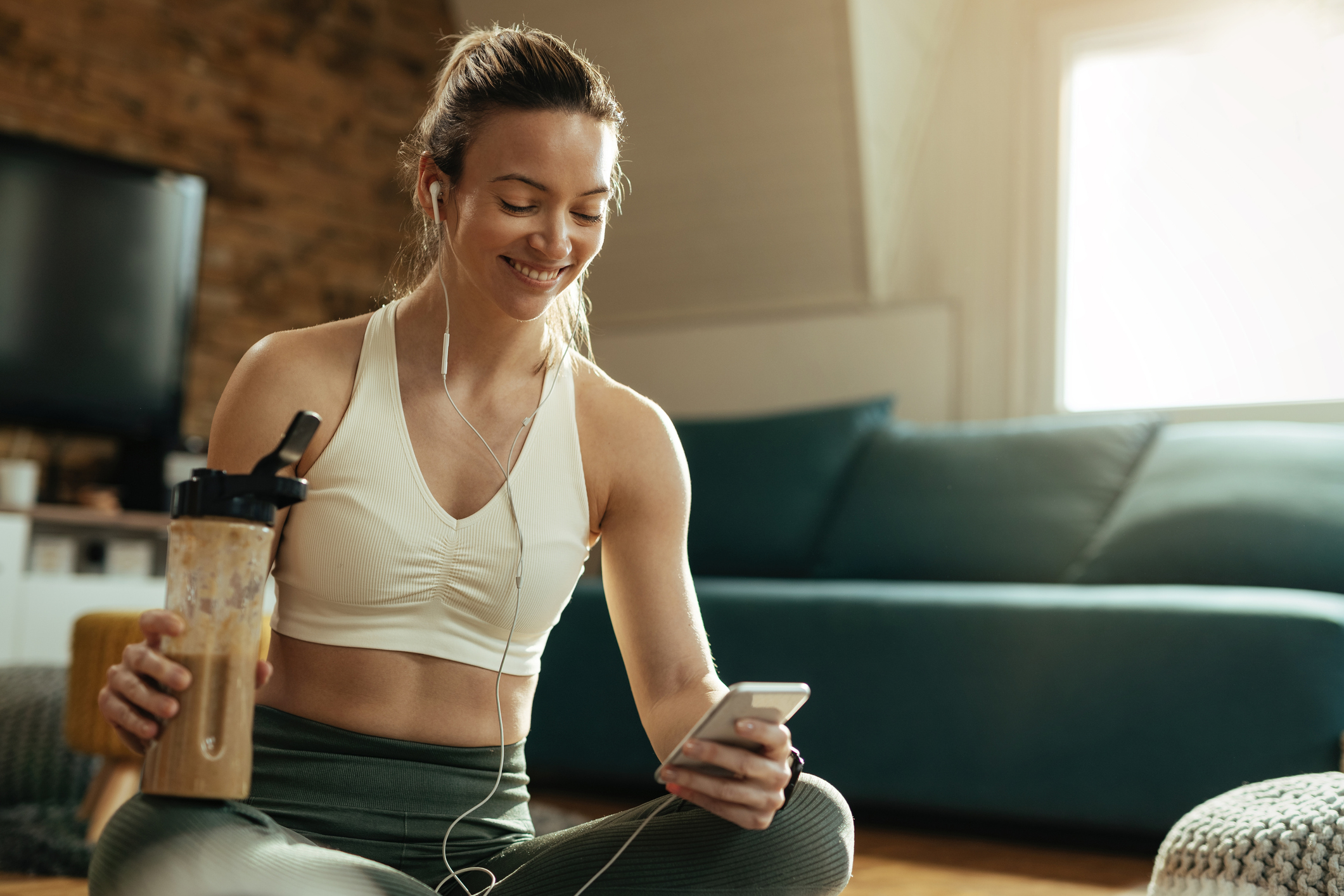
Benefits of protein: 4 to know about
1. Build, repair or maintain muscle mass
Sophie Dillon, nutritionist at Fresh Fitness Food, says eating enough protein has four main benefits. “Firstly, protein helps to build, repair and maintain muscle mass,” says Dillon. “When paired with weight training, this can help build strength," she continues.
Emily Outterside, personal trainer and head coach at F45 Peckham, agrees, adding that eating enough is beneficial to all kinds of exercise. "Exercise like running, cycling, yoga or pilates, is still using our muscles, just in different ways and under different forms of stress," she says. "All of which would benefit from eating a high level of protein to help with muscle growth and repair, which helps enhance our performance for future workouts."
2. Improved satiety
It also helps to keep you feeling full, and in turn, can help to maintain a healthy weight as you'll feel fuller, for longer. Look at it this way: it means your body is getting all the nutrients it needs as you are feeding yourself healthy, balanced meals. Win, win.
3. Boost bone health
Protein can be beneficial for bone health. "This is particularly relevant when aging, as it can help lower the risk of osteoporosis and fractures," explains the nutritionist.
4. Speedy recovery after injury
As we've touched on, the macronutrient is key to muscle repair, meaning it's also vital for helping your body to recover from injury.
Vegan - £26.00, Form Nutrition
Easily one of the smoothest, tastiest (chocolate peanut flavour, we're looking at you) and least artificial powders on the market. Plus, Form as a company is a B Corp on a mission to shake up the wellness industry.
Whey - £30.00, Hermosa
Fun fact: Hermosa protein is made from the premium whey of grass-fed, Lake District-based cows and contains only natural sweeteners. And you can tell - it's deliciously smooth and goes well in just about anything.
Whey - £29.95, Innermost
Formulated to encourage muscle growth, healthy fat loss and reduce cravings - and coming in deliciously smooth vanilla or chocolate flavour options too - there's a reason Innermost products are top-rated.
Whey - £24.99, Foodspring
Founded in Berlin in 2013, Foodspring knows how to do protein products well. Loved by the likes of Carly Rowena, they've got everything on-site from bulk bags of protein-packed brownies, bars and bakes, to mixes for protein pancake, pizza, pasta and more. The powder is tasty and available in a wide range of flavours, too.
Vegan - £19.00, Misfits
Aside from the fact they have some seriously funky packaging, Misfits have been championing plant-powered protein for years now. Made from pea and sunflower seeds, Misfits is one of the best powders for women as it's versatile and great for fat loss, too, at around 95 calories a serving.
12 sources of protein to try tonight
Dillon recommends eating good quality, lean sources of protein. Like?
- Chicken
- Turkey
- White fish
- Salmon
- Eggs
- Beans
- Lentils
- Chickpeas
- Tofu
- Tempeh
- Nuts
- Yoghurt.
Do note, though: Doctor Gundry recommends focusing on eating a balance of protein, carbs, fats, and vegetables to make sure you're not overloading your body with too much meat, purely for protein's sake.
"There’s a chance you probably eat too much protein from meat and too little from veggies. And that’s not ideal — for your heart or the environment," he explains.
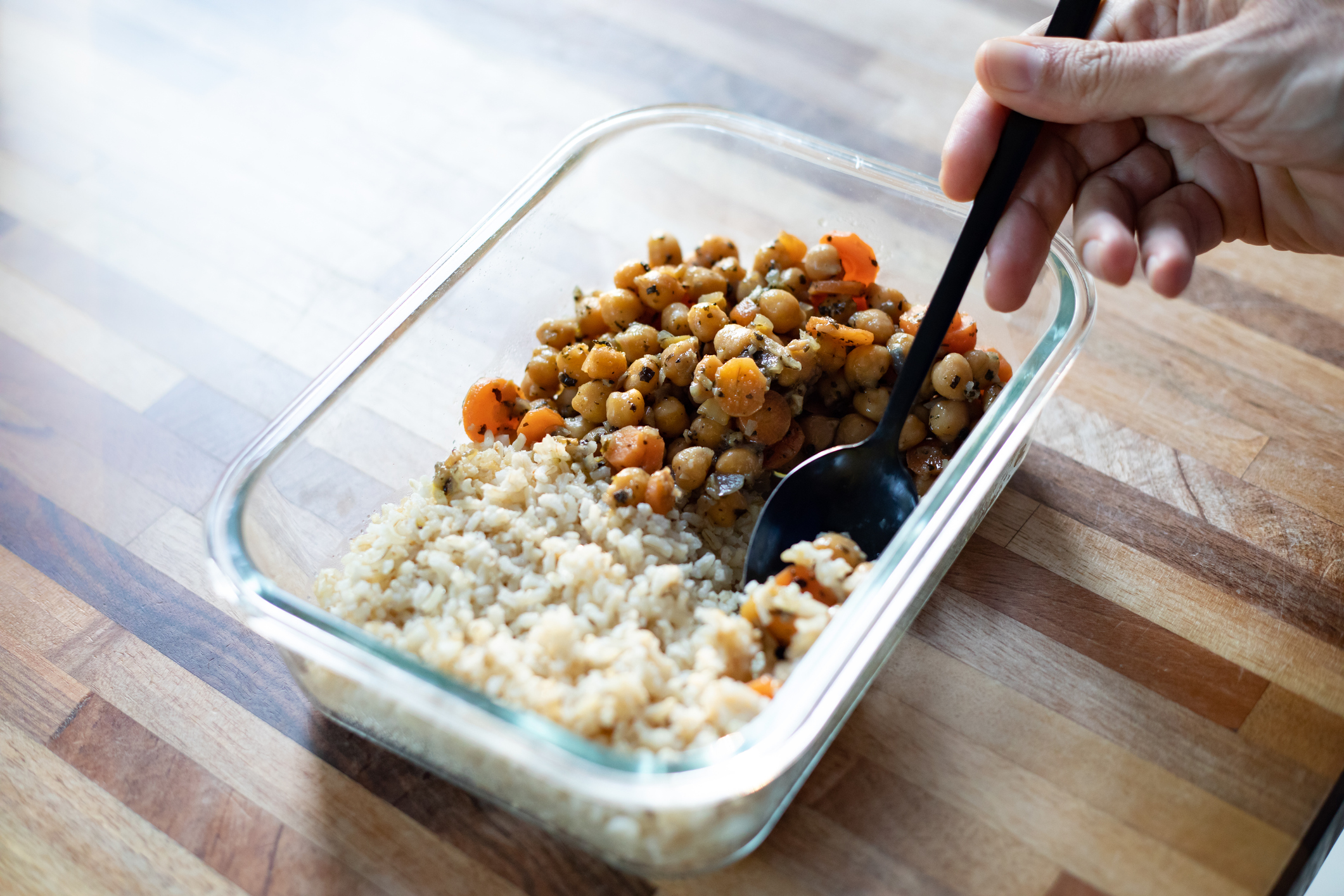
Are there any sources of protein you should avoid?
Short answer: give them a go, and you'll be able to tell which work for you and your body - and which don't.
As mentioned, some people prefer to get their protein from plant-based sources and via a vegan diet; others have a more flexitarian approach and get theirs from chicken, turkey, fish, milk, and yoghurt.
If this is you, Doctor Gundry advises seeing how you feel when eating certain high-protein milk products, as some - like Greek yoghurt or cottage cheese - have the potential to be inflammatory. "If they don't make you feel great, swap out for things like leafy greens, lentils, mushrooms, basil seeds, pistachios, walnuts, dairy products from a goat or sheep, and wild-caught fish and seafood," he advises.
When it comes to protein-enriched products - think bars or shakes - use your common sense and always check the label. Many are a great snack or supplement alternative that guarantees you hit your recommended g's per day, others highly processed snacks positioned as healthy alternatives.
-
 Mytheresa is having a secret sale right now and these are the 11 cult items I'm eyeing
Mytheresa is having a secret sale right now and these are the 11 cult items I'm eyeingIncluding the designer bag that was everywhere at Milan Fashion Week
By Clementina Jackson
-
 Prince Harry reportedly extended an 'olive branch' to Kate and William on latest UK trip
Prince Harry reportedly extended an 'olive branch' to Kate and William on latest UK tripBig if true
By Iris Goldsztajn
-
 How Prime Video is protecting Blake Lively amid her new movie promo
How Prime Video is protecting Blake Lively amid her new movie promoAn understandable move
By Iris Goldsztajn
-
 We're fitness experts who've spent 100's of hours testing fit kit - these are the lululemon products we rave about to family and friend
We're fitness experts who've spent 100's of hours testing fit kit - these are the lululemon products we rave about to family and friendKeen to invest in kit that'll last the long run?
By Chloe Gray
-
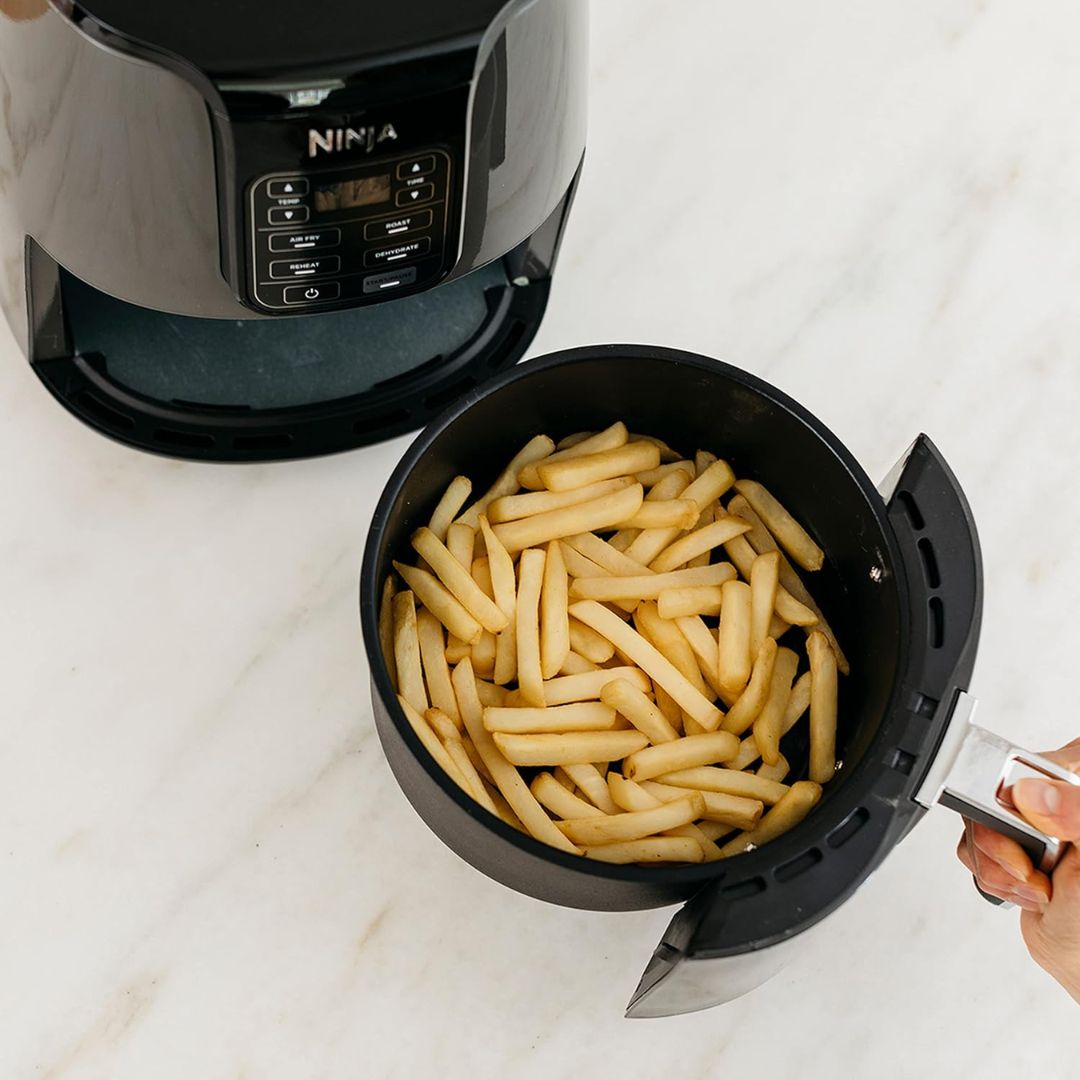 After testing dozens of designs—these are the best air fryers money can buy, according to team Marie Claire UK
After testing dozens of designs—these are the best air fryers money can buy, according to team Marie Claire UKPlus a nutritionist's expert insights on the popular cooking method
By Grace Lindsay
-
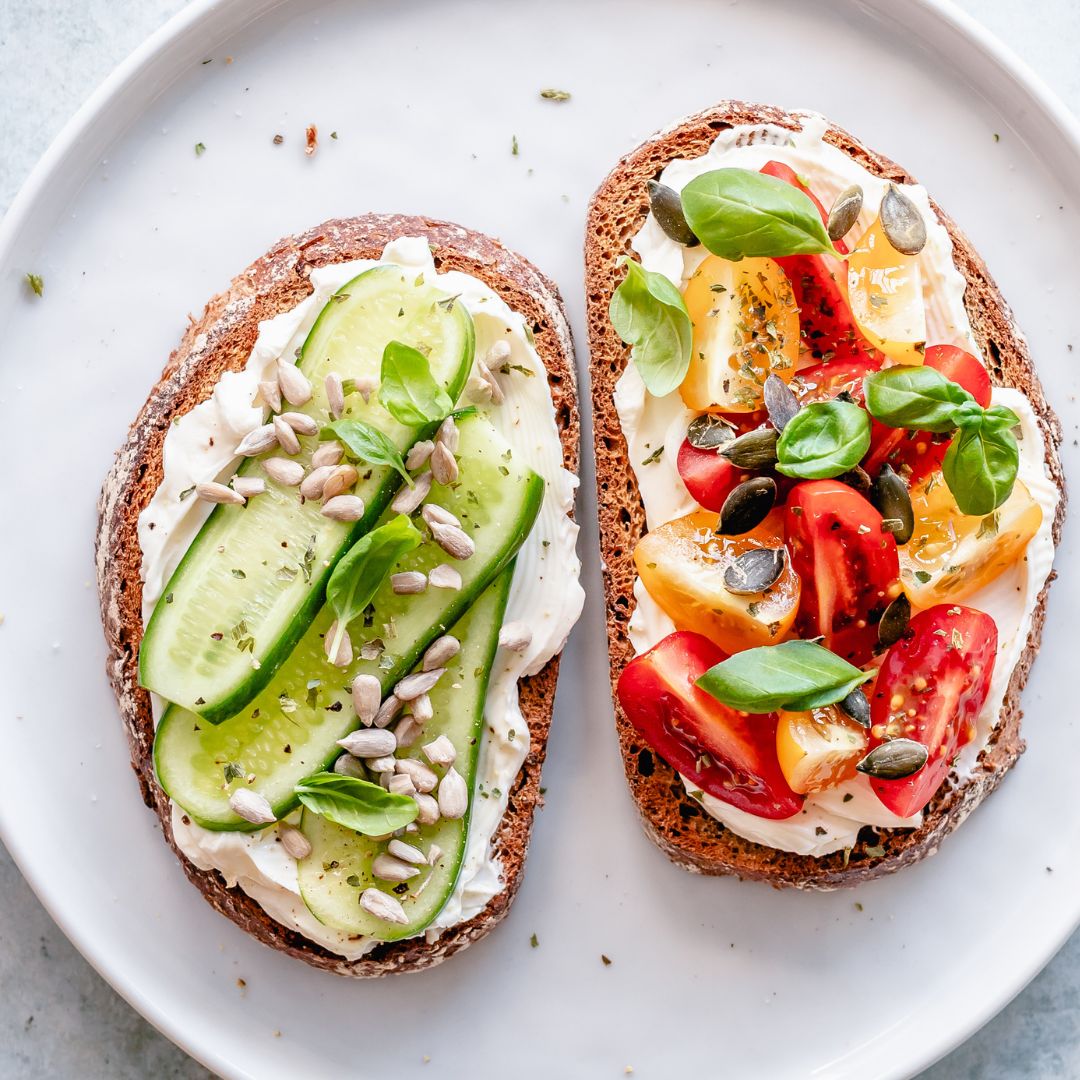 These are officially the best foods you can eat before a flight, according to two top nutritionists
These are officially the best foods you can eat before a flight, according to two top nutritionistsFor energy, mood, and more.
By Ally Head
-
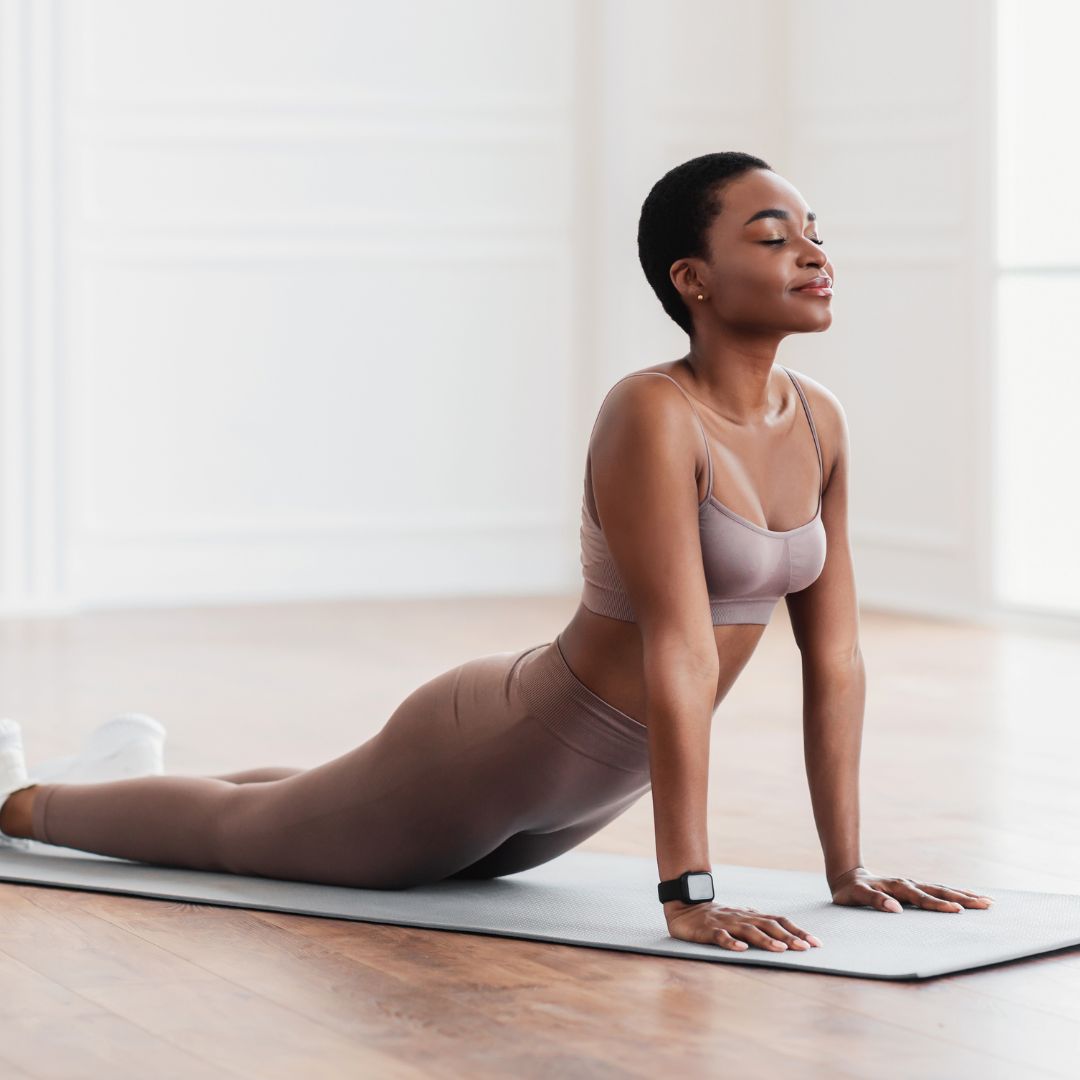 This Pilates ab workout is a combination of all the most effective exercises for a strong body
This Pilates ab workout is a combination of all the most effective exercises for a strong bodyThis one's a good'un.
By Ally Head
-
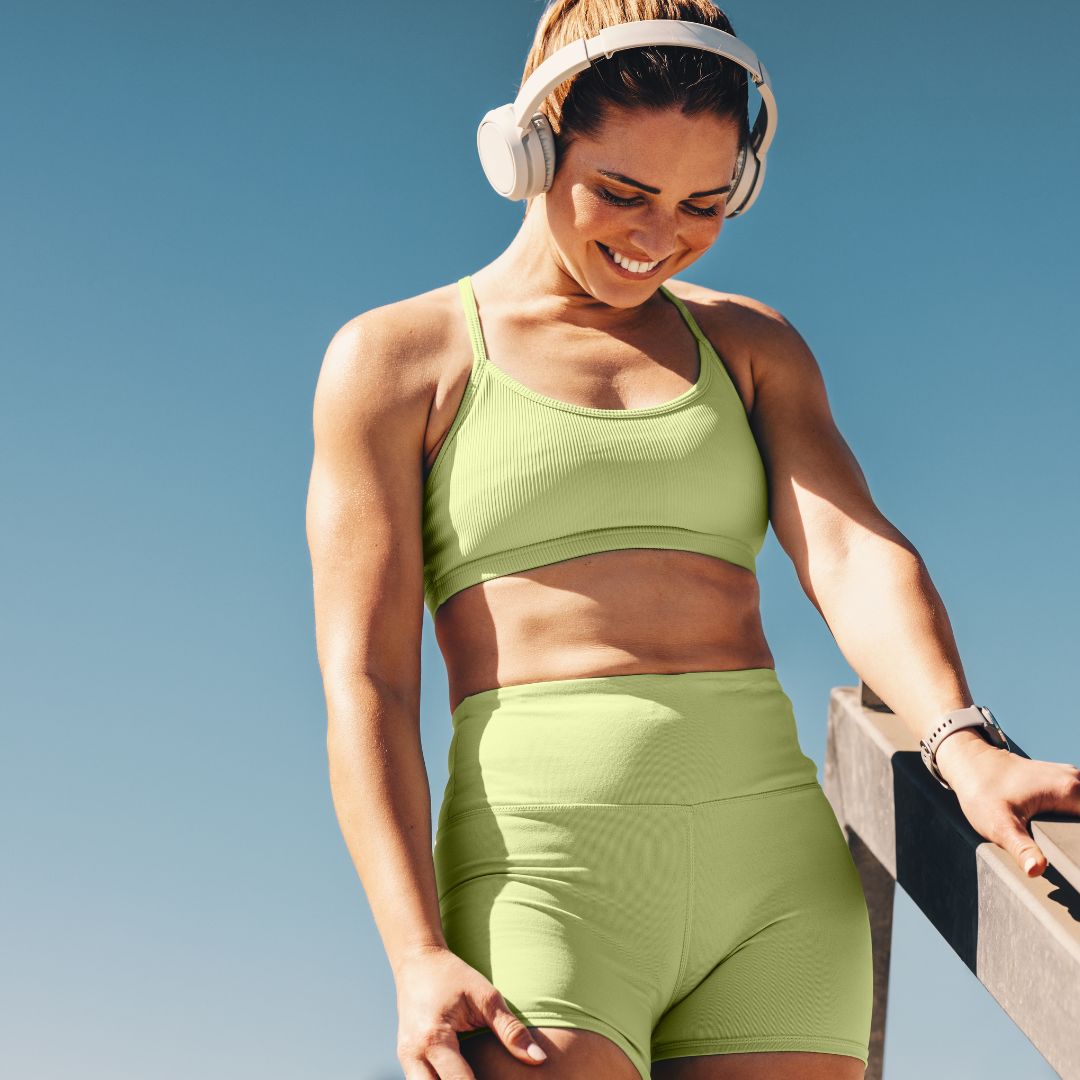 This is what you should be eating before working out for energy and gains, according to a top nutritionist
This is what you should be eating before working out for energy and gains, according to a top nutritionistPlus, how the England squad are fuelling their success this World Cup.
By Ally Head
-
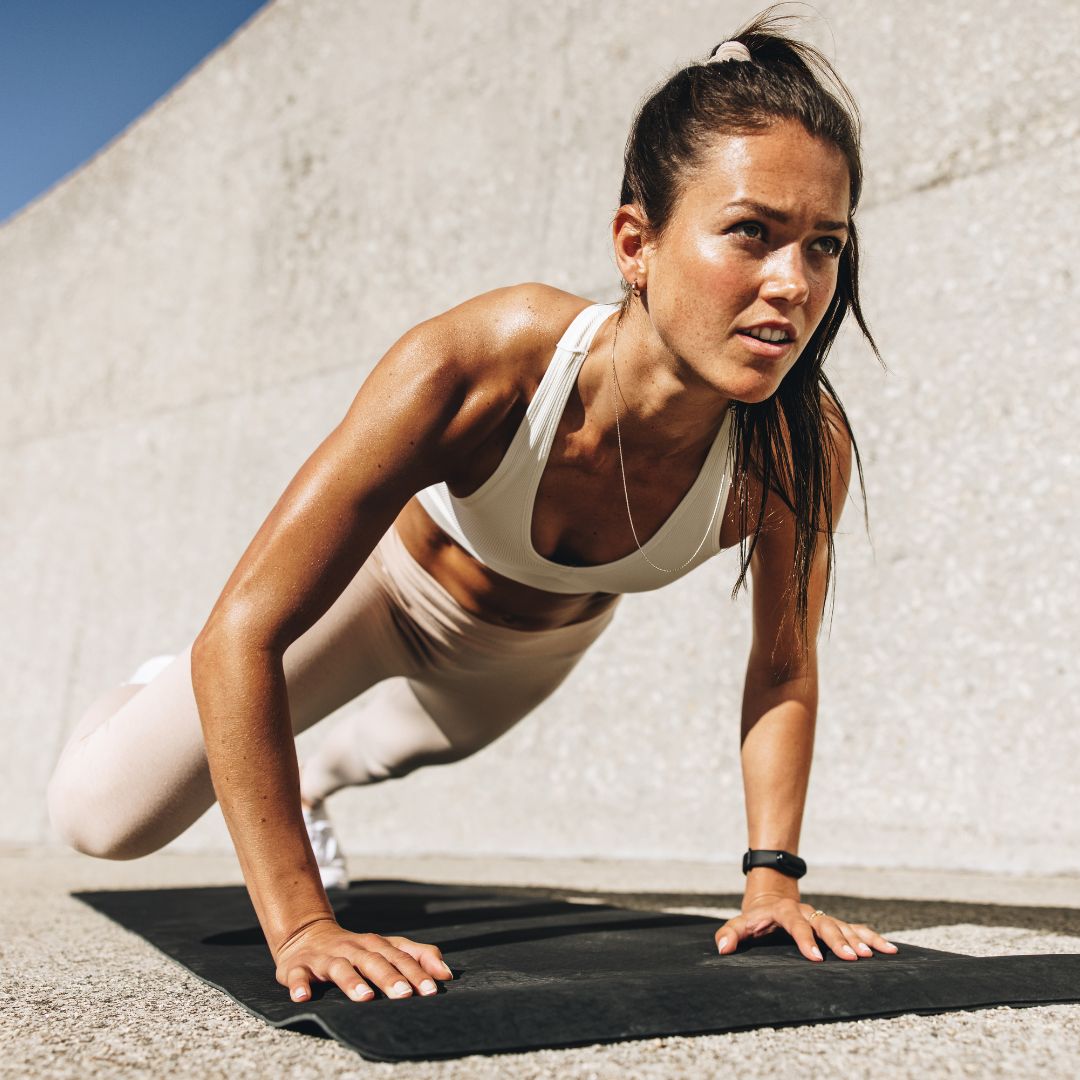 These are the only bodyweight exercises experts reckon are *actually* effective
These are the only bodyweight exercises experts reckon are *actually* effectiveTry from home, the garden, or the gym.
By Ally Head
-
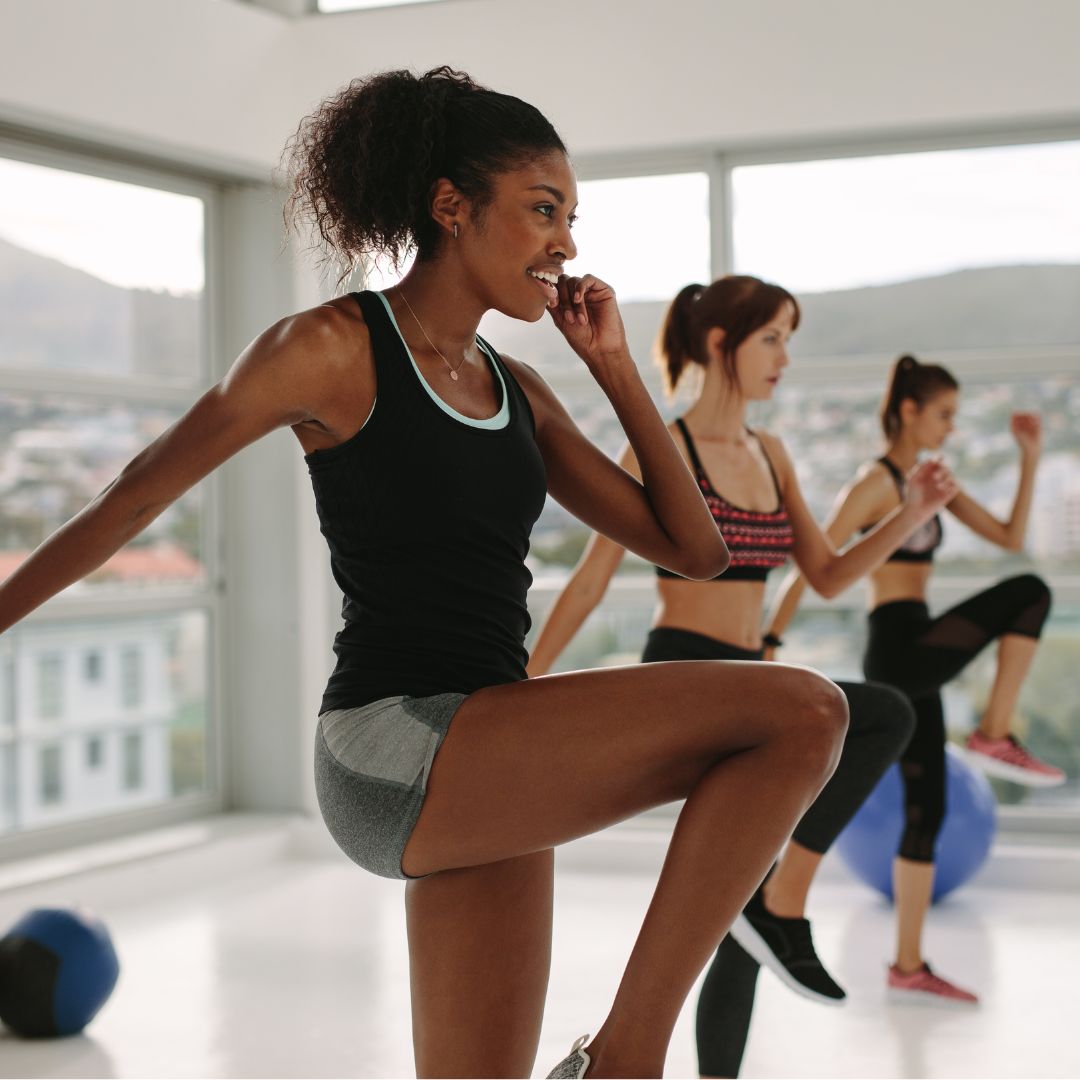 This is the best HIIT workout you can do, according to world-renowned trainer Kayla Itsines
This is the best HIIT workout you can do, according to world-renowned trainer Kayla ItsinesYep, you can do it from home.
By Ally Head
-
 A diabetes drug is going viral for its supposed weight loss benefits—but there’s a seriously dark problem here
A diabetes drug is going viral for its supposed weight loss benefits—but there’s a seriously dark problem hereSearches for weight loss injections have soared by 134%.
By Ally Head
